In urban landscapes and suburban neighborhoods alike, the illumination of streets and sidewalks plays a crucial role in ensuring safety and security for residents and commuters. Two primary components of this infrastructure are lamp post street lights and street light fixtures. While they both serve the same purpose of providing illumination, they differ in design, functionality, and application. In this blog post, we delve into the definitions, distinctions, and considerations to help you make an informed decision on which lighting solution suits your needs best.
What is a Lamp Post Street Light?
A lamp post street light, often simply referred to as a "street lamp" or "lamppost," is a standalone structure typically mounted on a pole. It consists of a light fixture mounted at the top of the pole, supported by a sturdy base. These fixtures traditionally feature a single light source, although modern versions may incorporate multiple LED bulbs for enhanced brightness and energy efficiency.
What is a Street Light Fixture?
On the other hand, a street light fixture refers to the lighting unit itself, excluding the pole or support structure. It comprises the light housing, electrical components, and any accompanying accessories such as lenses or diffusers. Street light fixtures come in various designs, including traditional lantern-style fixtures, cobra head fixtures, and architectural fixtures designed to blend seamlessly with their surroundings.

Understanding the Difference
The primary distinction between a lamp post street light and a street light fixture lies in their composition and function. A lamp post street light encompasses both the pole and the lighting fixture, serving as a complete standalone unit. In contrast, a street light fixture refers specifically to the lighting element and can be installed on existing poles or structures, such as utility poles or building facades. When choosing between a lamp post street light and a street light fixture, several factors come into play:
1. Aesthetic Appeal
Lamp post street lights often add a classic or decorative touch to outdoor spaces, enhancing the visual appeal of streetscapes and public areas. Street light fixtures offer more versatility in design, allowing for customization to match architectural styles or project requirements.
2. Installation Flexibility
Street light fixtures provide greater installation flexibility, as they can be mounted on existing infrastructure or integrated into architectural elements. Lamp post street lights require dedicated poles or mounting structures, which may influence site planning and installation logistics.
3. Maintenance and Accessibility
Lamp post street lights may be easier to maintain and service, as the entire unit is accessible from ground level. In contrast, street light fixtures installed at height may require specialized equipment or personnel for maintenance tasks such as bulb replacement or repairs.
4. Cost Considerations
The overall cost of a lighting project depends on various factors, including the number of fixtures, installation complexity, and ongoing maintenance requirements. Lamp post street lights may entail higher upfront costs due to the inclusion of poles, while street light fixtures offer potential cost savings for projects with existing infrastructure.

Which One Should I Choose?
When deciding between a lamp post street light and a street light fixture, it's crucial to delve deeper into your project requirements and preferences.
1. Lamp Post Street Light:
- Classic Appeal: Lamp post street lights exude a timeless charm, often enhancing the aesthetic appeal of streetscapes and public areas with their traditional design.
- Stand-Alone Solution: These fixtures come as complete units, including both the pole and the lighting element, offering a straightforward installation process.
- Visual Impact: Their standalone nature makes lamp post street lights prominent features in outdoor environments, contributing to the overall ambiance and character of the space.
2. Street Light Fixture:
- Flexibility: Street light fixtures provide versatility in installation, as they can be mounted on existing poles or integrated into architectural elements, offering more design flexibility.
- Cost-Effectiveness: Utilizing existing infrastructure for installation can lead to cost savings, especially in projects where retrofitting is required.
- Customization: With a wide range of designs and configurations available, street light fixtures can be tailored to match specific architectural styles or project requirements.
Making the Decision
- Project Scope: Evaluate the scope of your project, including the number of lighting units required, installation logistics, and maintenance considerations.
- Budget Constraints: Assess your budget and determine whether the upfront cost of lamp post street lights or the potential savings from utilizing existing infrastructure with street light fixtures aligns with your financial plan.
- Aesthetic Preferences: Consider the visual impact you wish to achieve. Do you prefer the classic elegance of lamp post street lights, or are you drawn to the flexibility and design options offered by street light fixtures?
- Long-Term Maintenance: Factor in ongoing maintenance requirements, accessibility for servicing, and the overall lifespan of the chosen lighting solution.
Conclusion
By carefully weighing these factors and considering your specific project needs, you can make an informed decision that ensures optimal illumination, enhances the ambiance of outdoor spaces, and meets the safety requirements of pedestrians and communities.



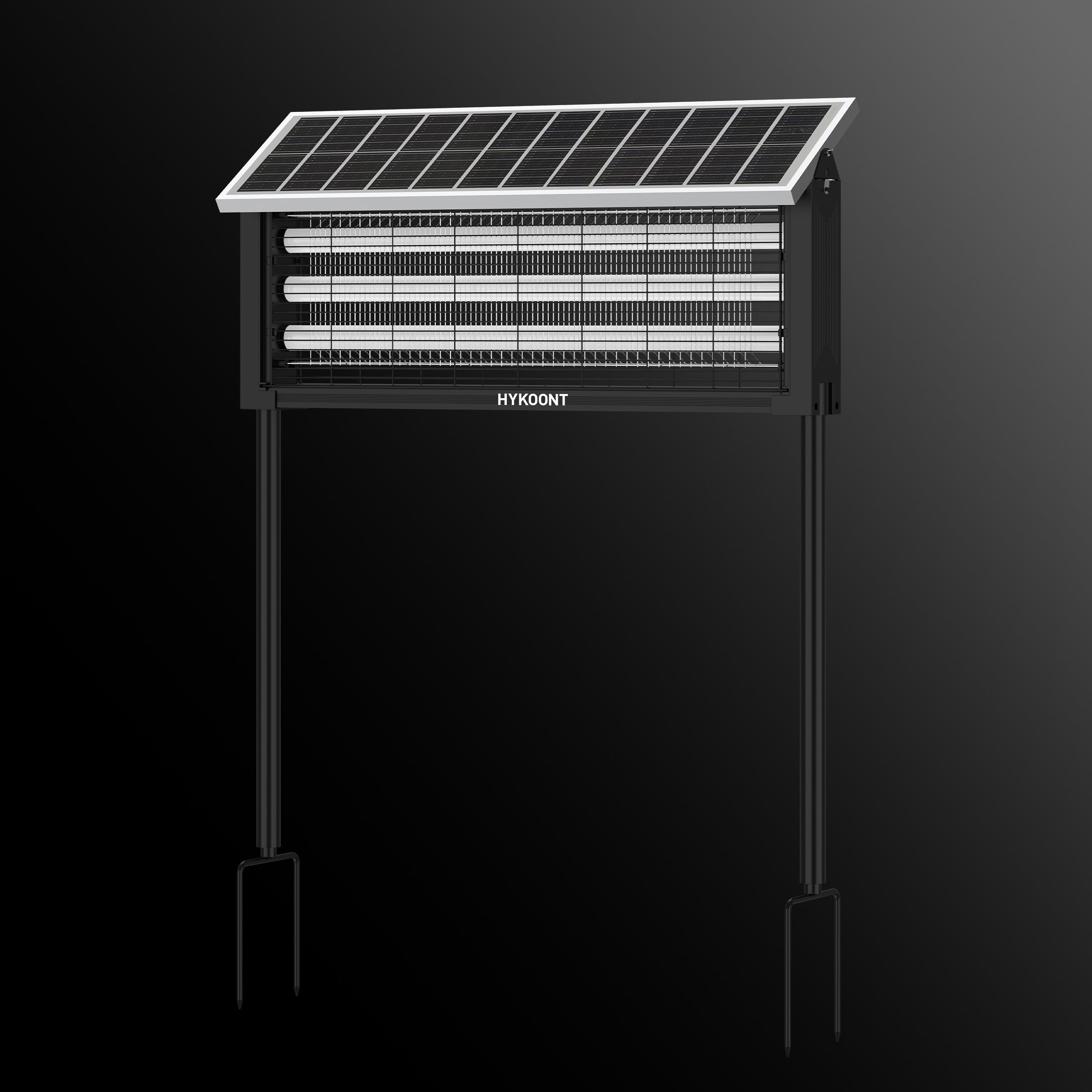
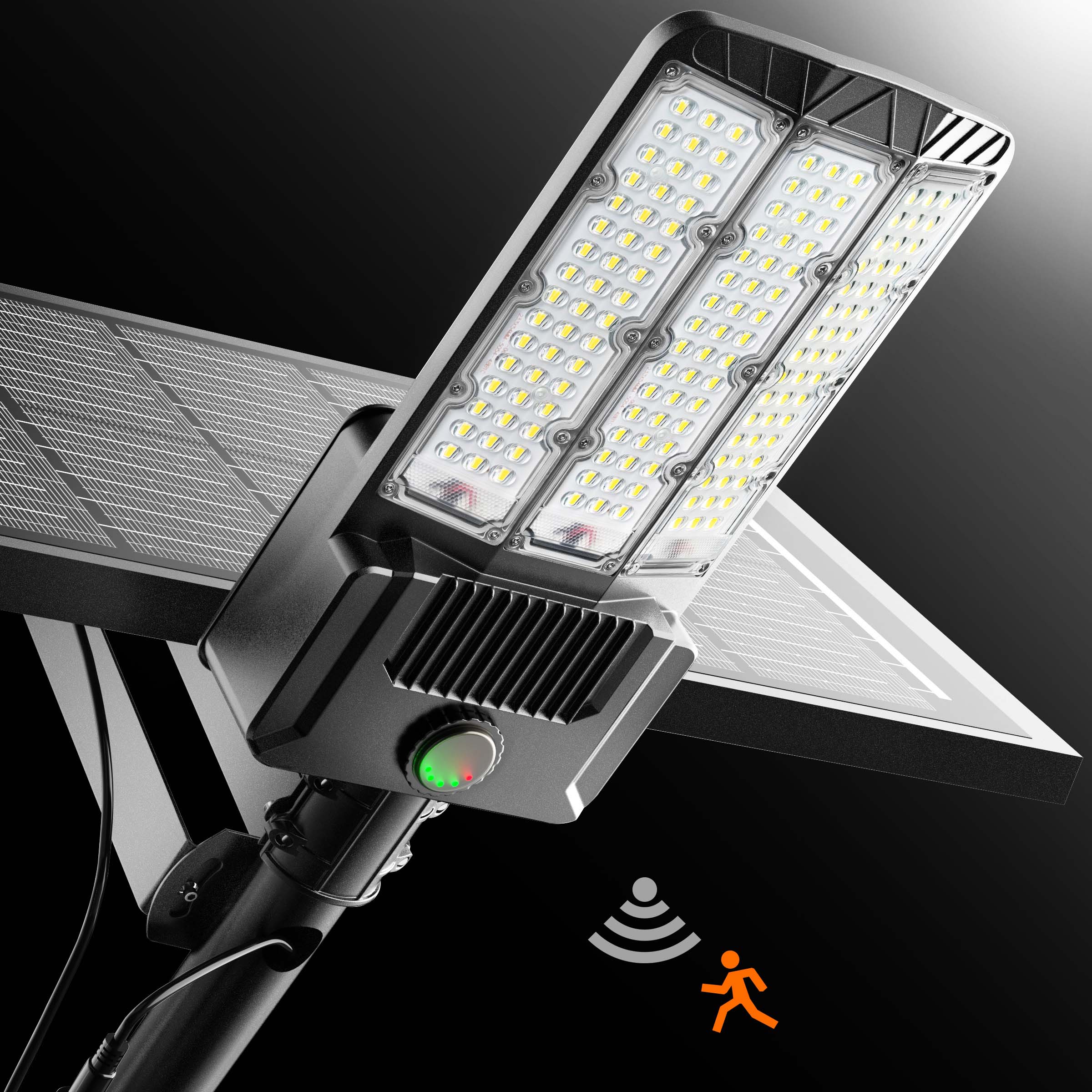
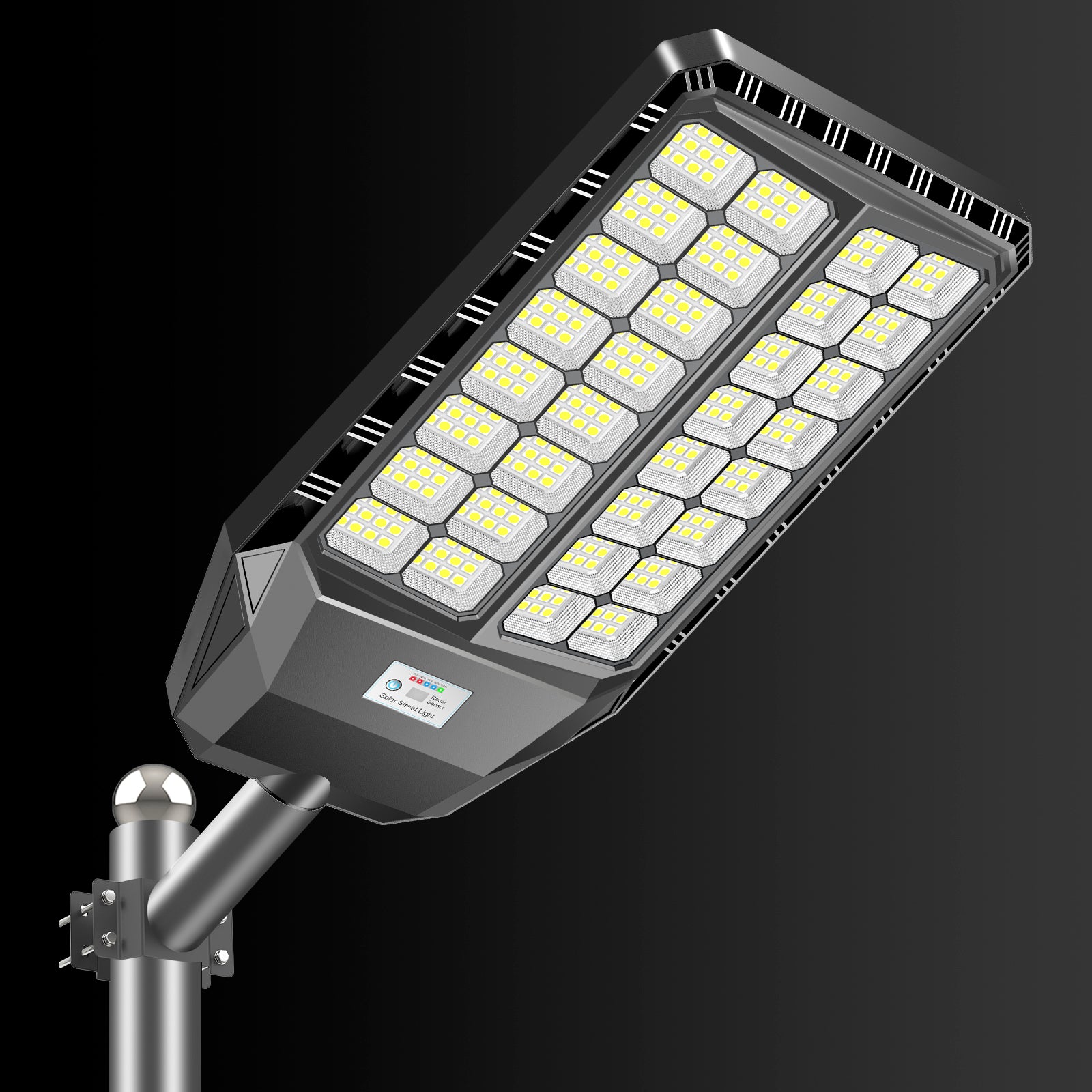

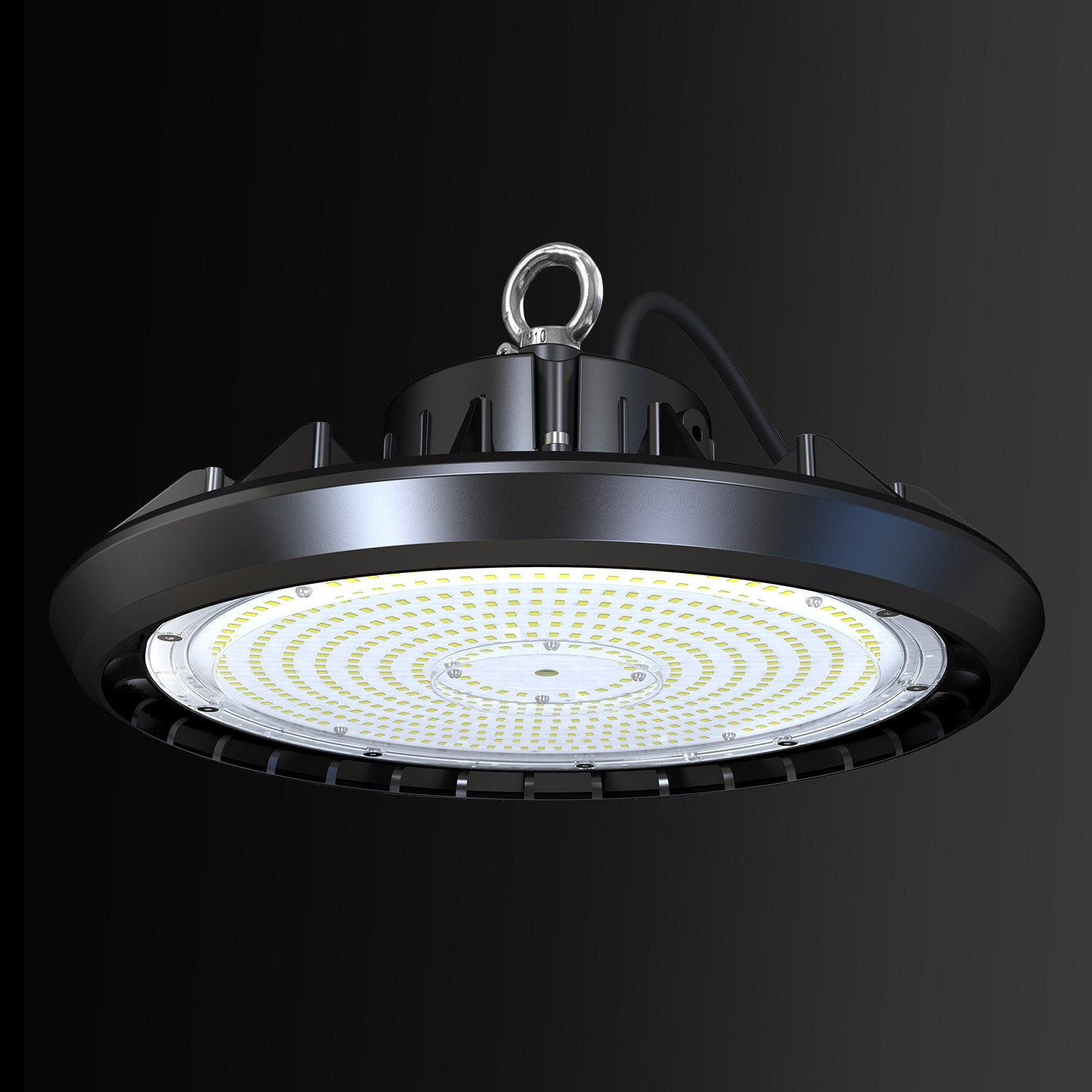
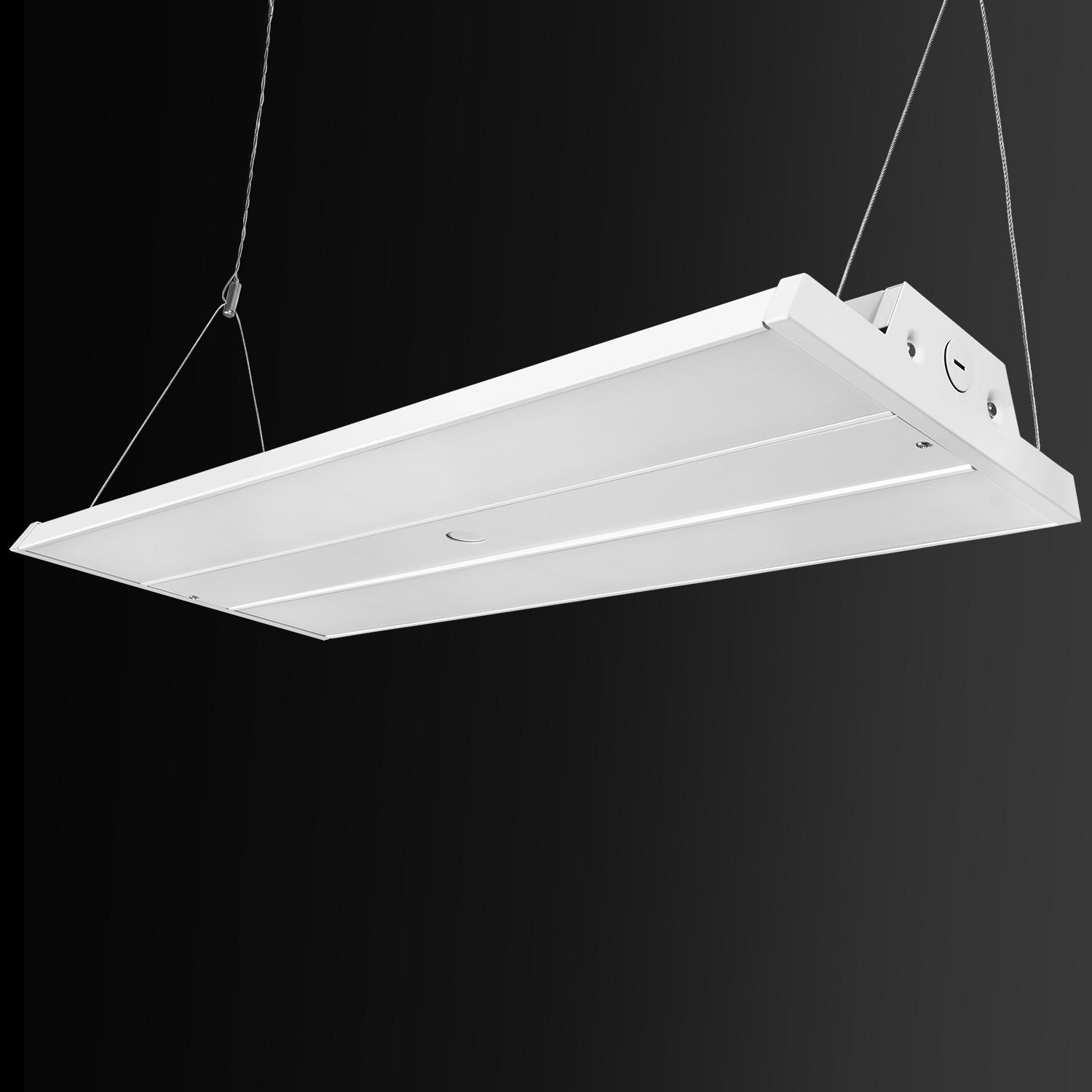
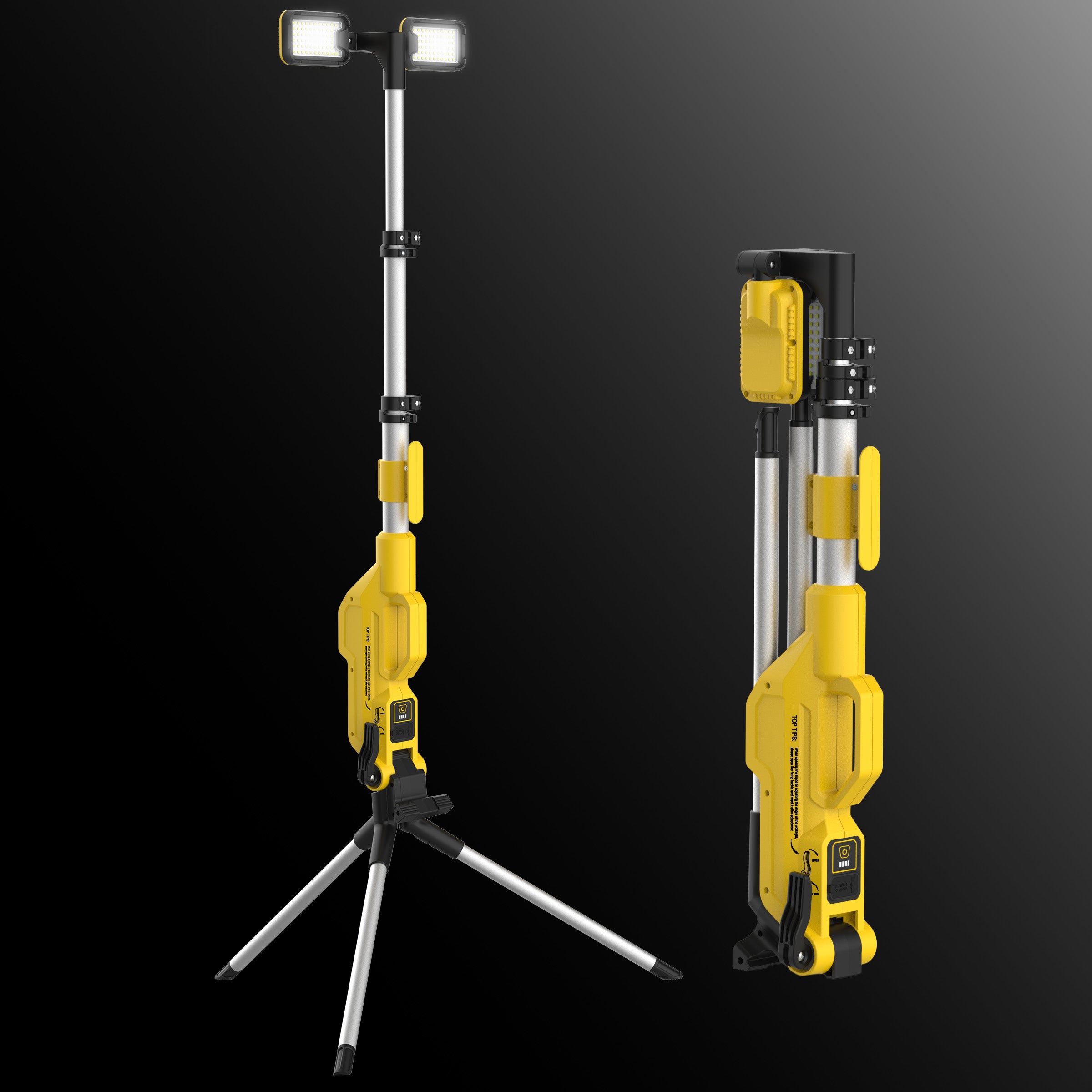
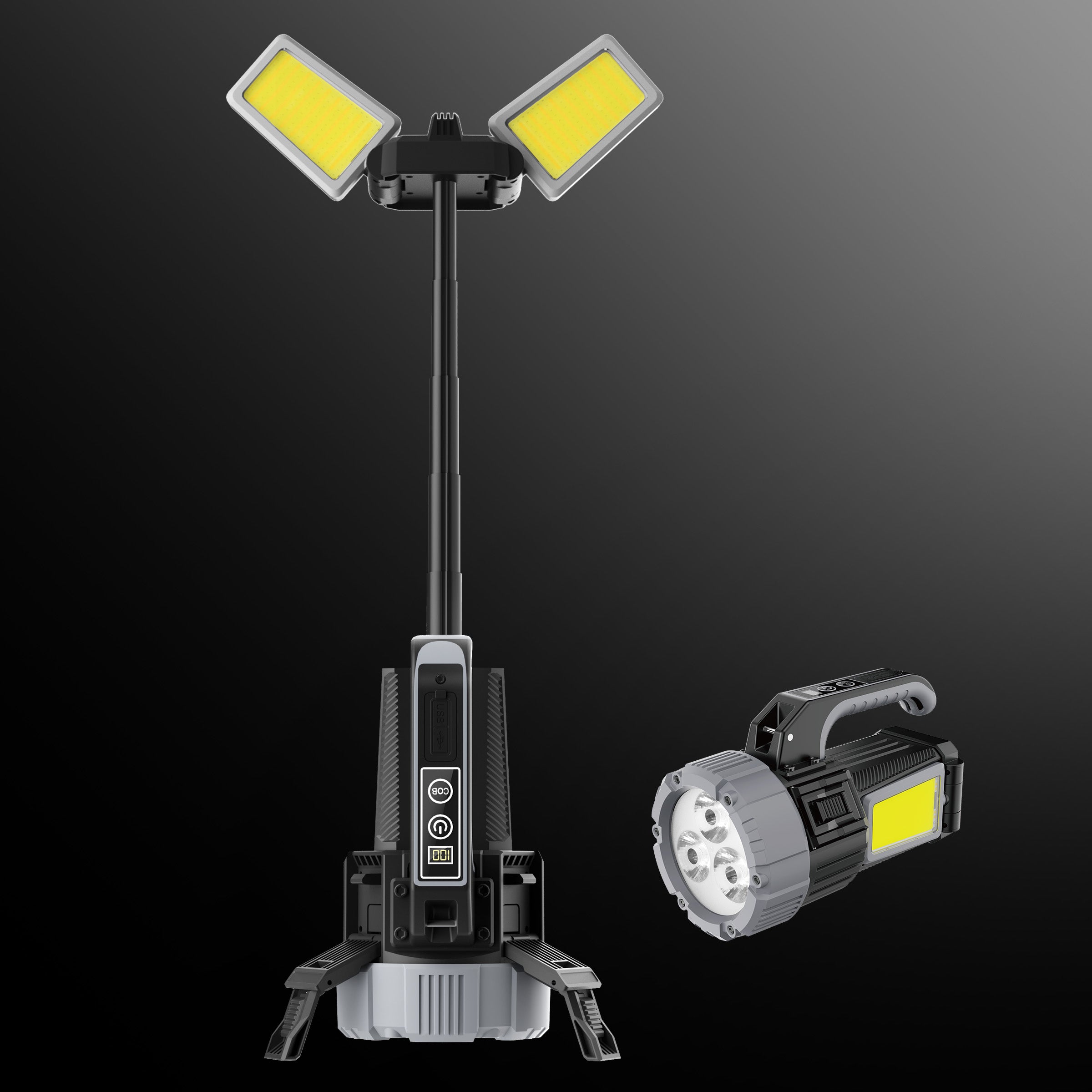



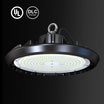
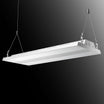


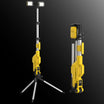
![[50%OFF] Hykoont LS018 Multi-Function 2 in 1 Flashlight Portable Extendable Adjustable Brightness CCT Bright](http://hykoont.com/cdn/shop/files/HYK-STDG18-2.jpg?v=1765273877&width=104)
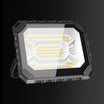



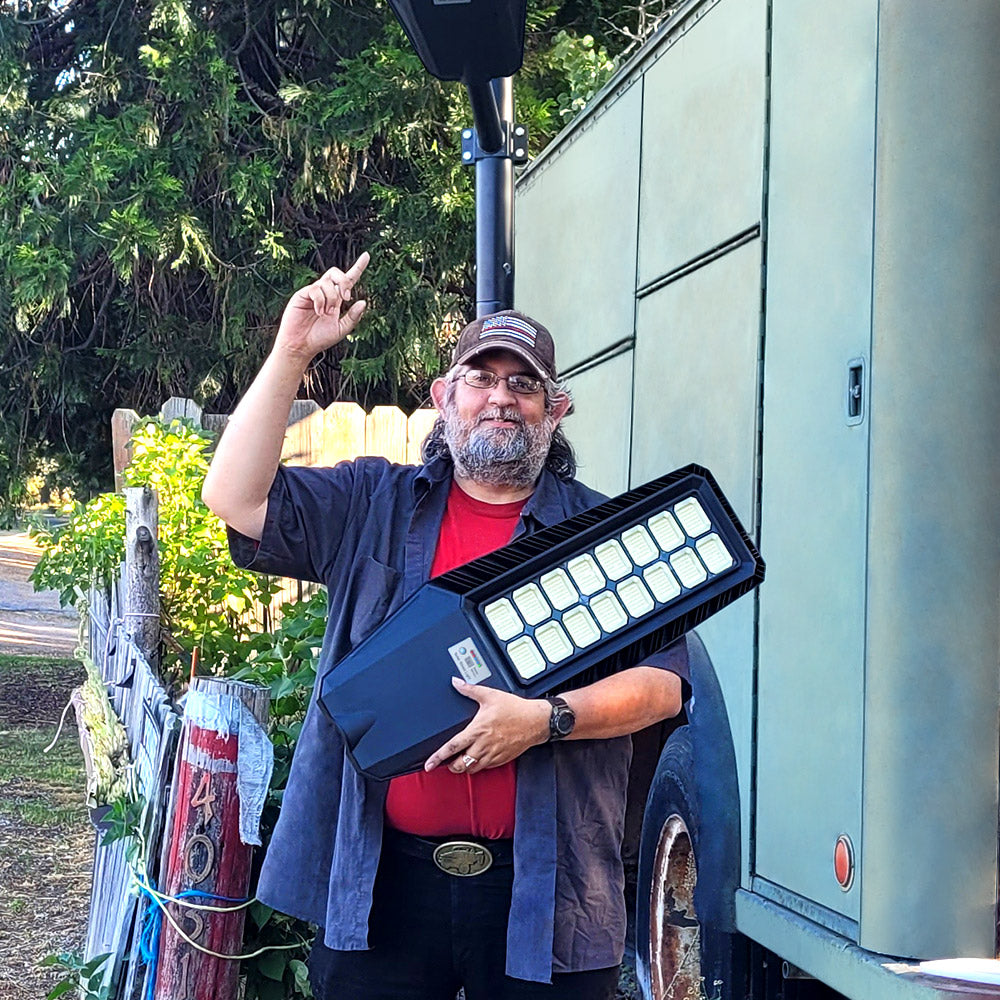
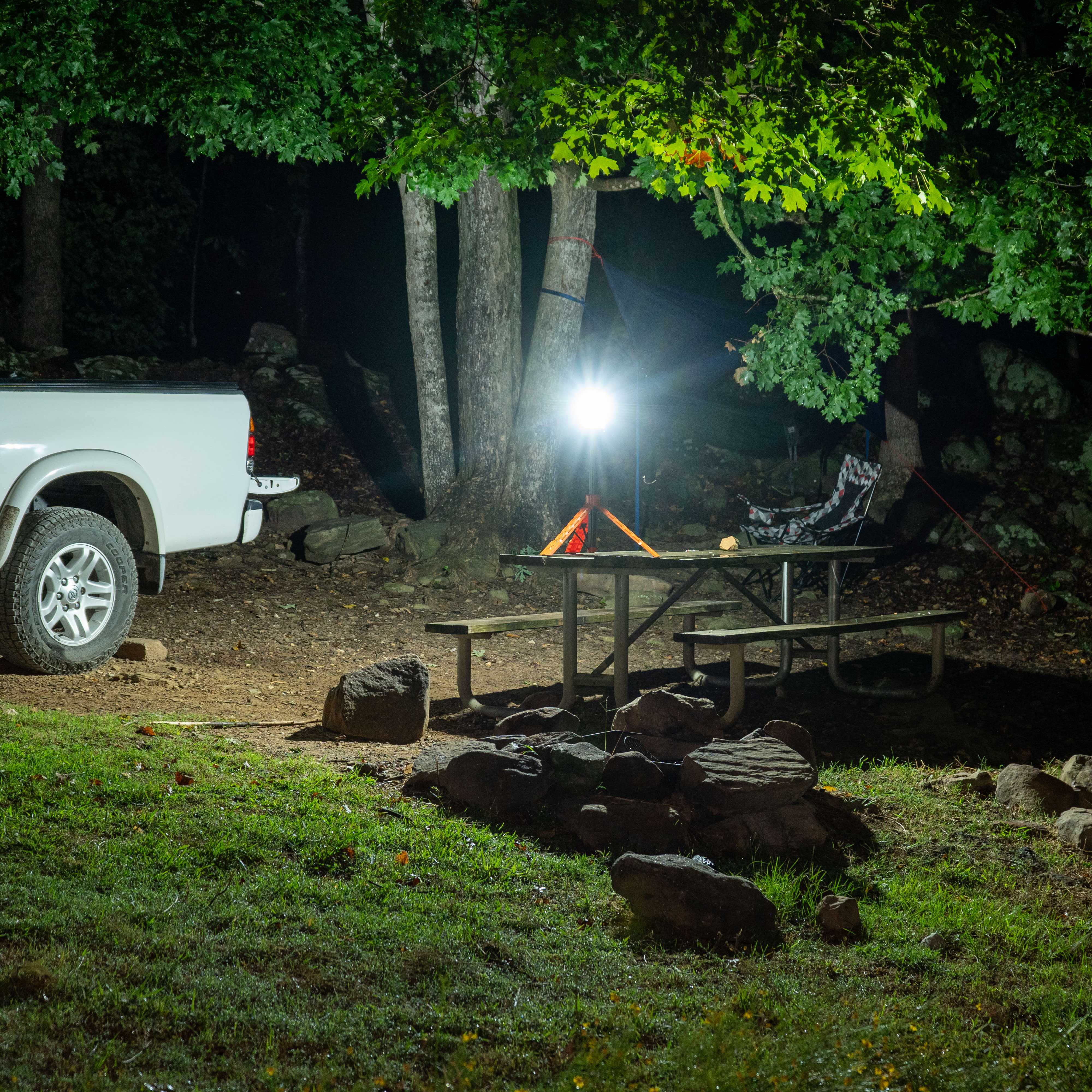
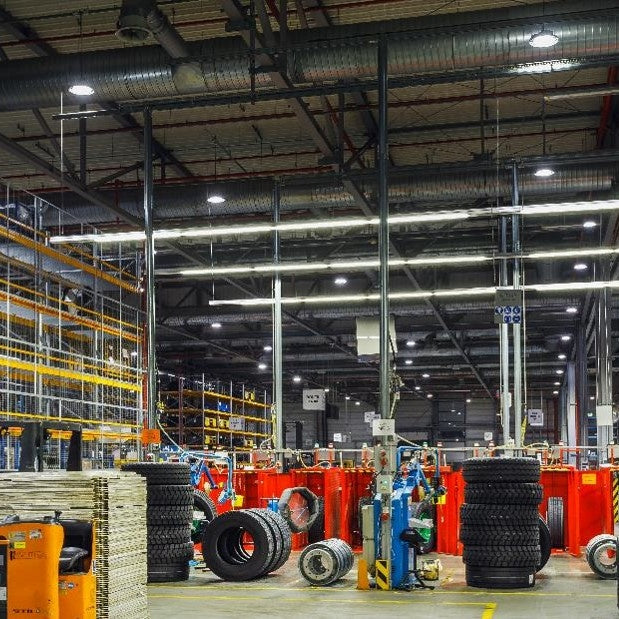
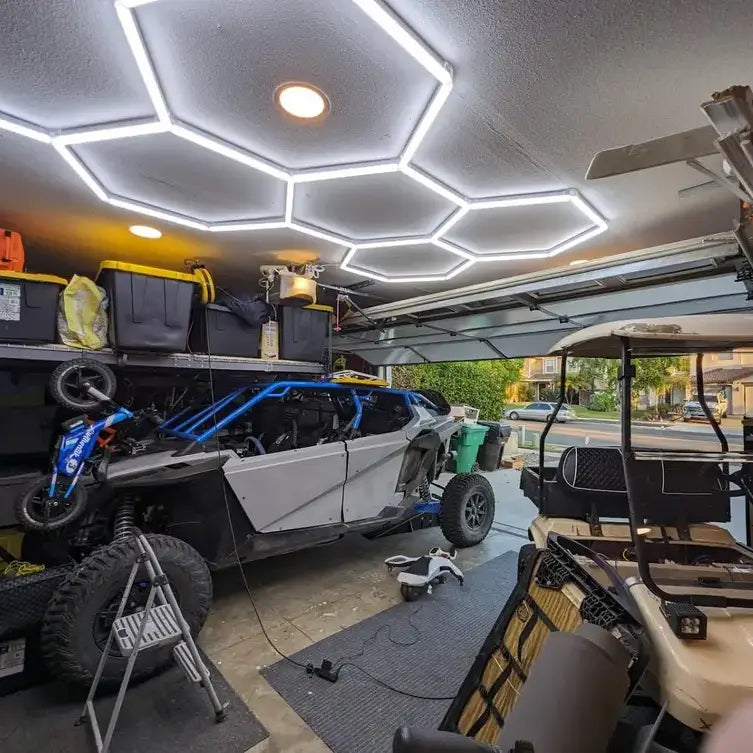
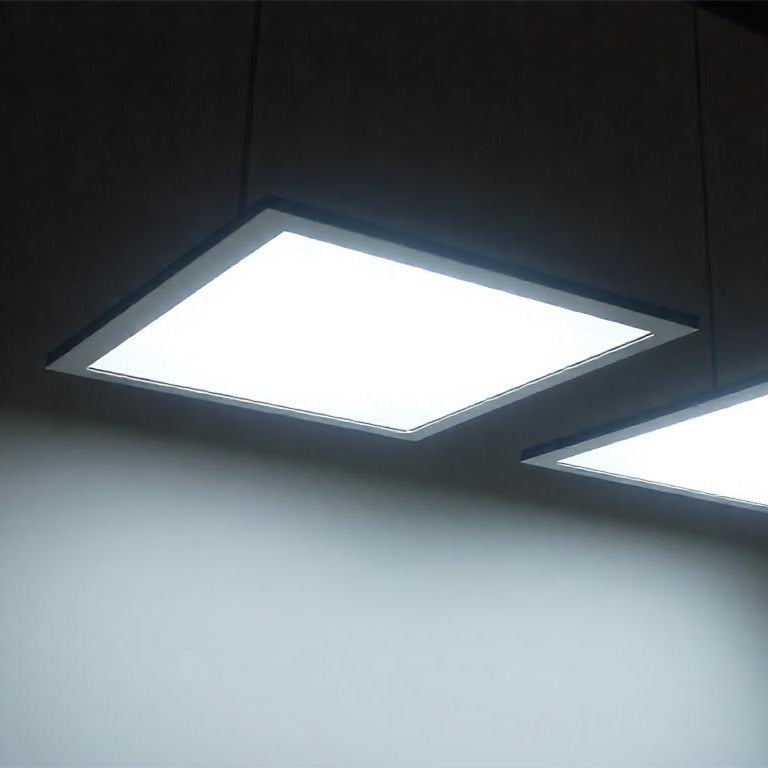
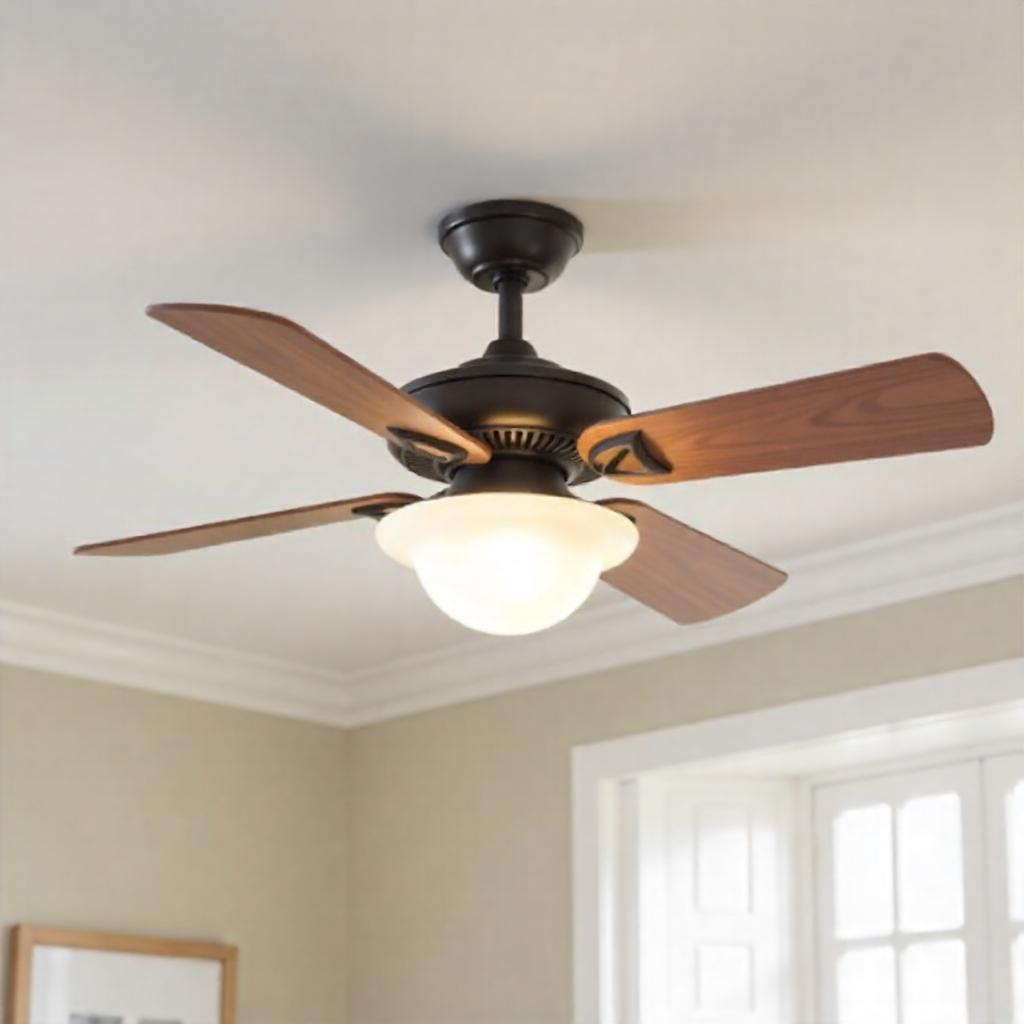
Leave a comment
This site is protected by hCaptcha and the hCaptcha Privacy Policy and Terms of Service apply.